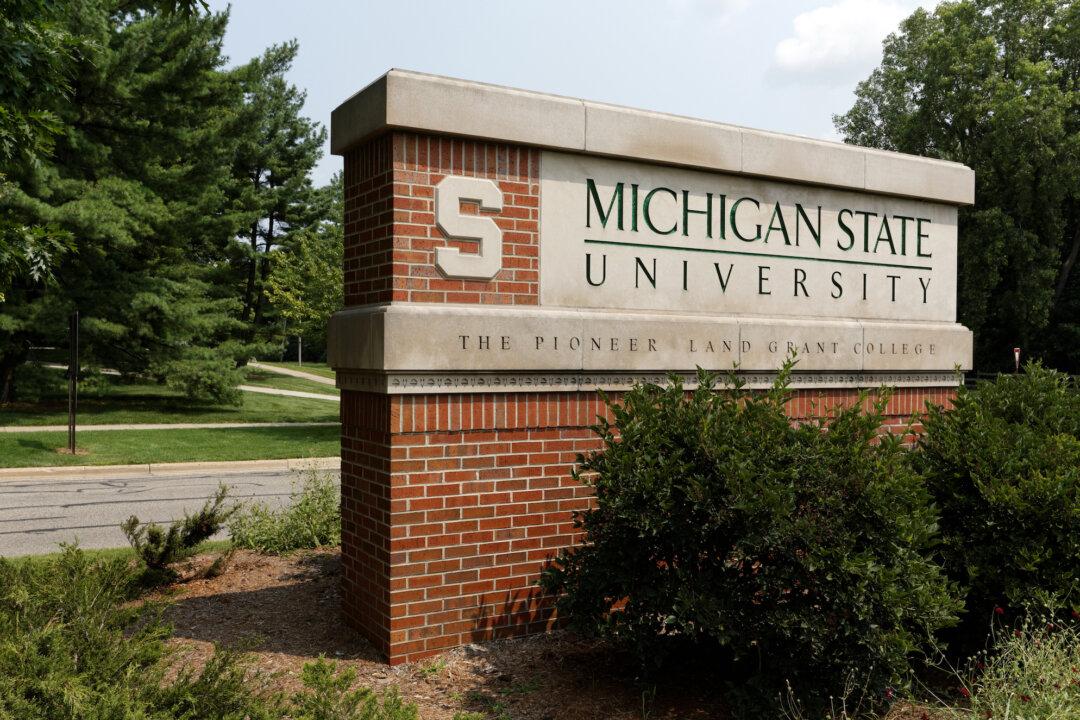Michigan State University said it has closed its dining halls to the public and reduced service hours of two cafeterias because of a severe staff shortage.
“Like other schools and universities across the country, we are experiencing severe staffing shortages,” the university’s culinary services department said in a statement announcing the changes. “Many businesses in the local area and around the country are hiring. We are all competing for the same available talent.”





